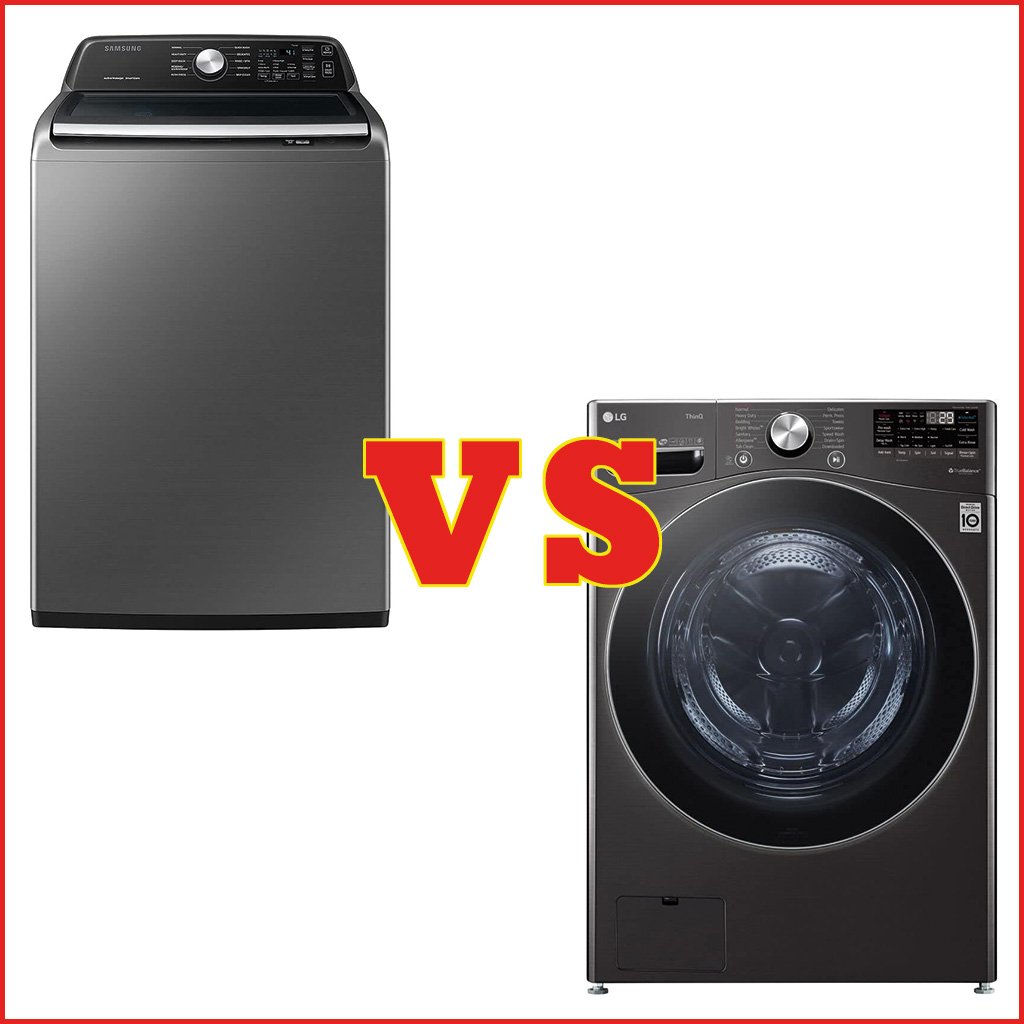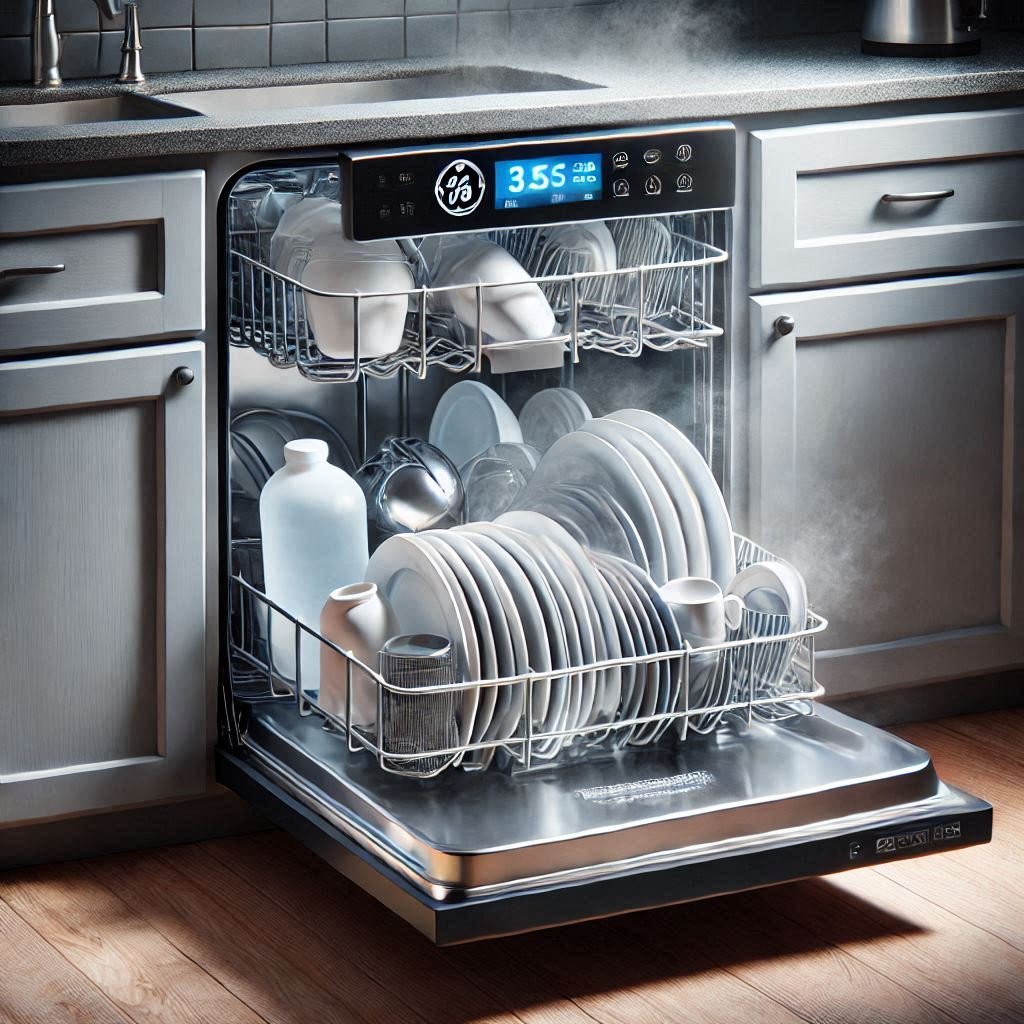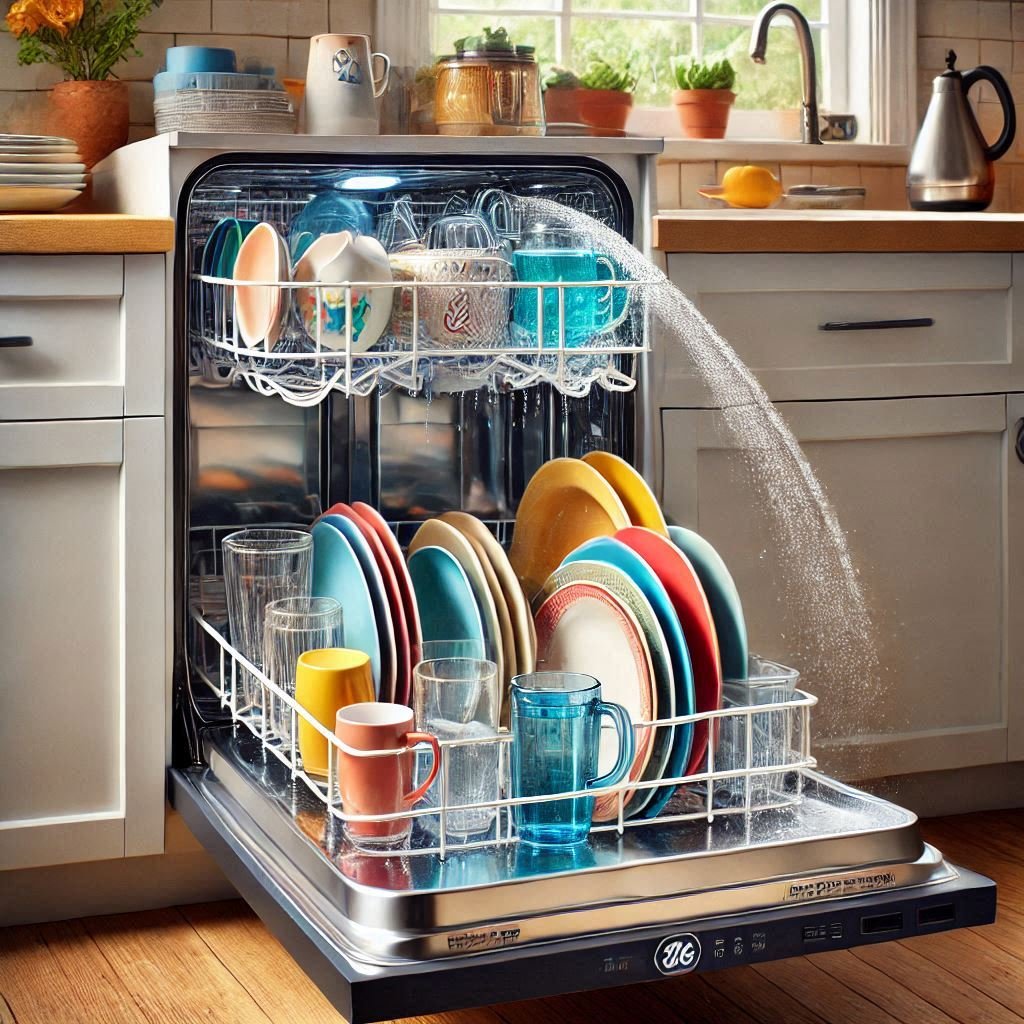When it comes to choosing the perfect washing machine, the debate often boils down to top load vs front load washer pros and cons. This decision isn’t just about style or trend—it’s about what works best for your home, lifestyle, and laundry needs. Both types have their strengths and weaknesses, and I’ve spent time understanding these differences to help you make an informed choice. Whether you’re upgrading or purchasing your first washer, let’s dive into a detailed comparison to see which one fits your laundry routine better.

Table of Contents
Why Compare Top Load and Front Load Washers?
Washing machines are a big investment. They’re not just appliances; they’re workhorses that make our lives easier. Choosing the wrong type can lead to frustration, wasted time, and even higher costs in the long run. Knowing the top load vs front load washer pros and cons ensures that you pick a machine that meets your expectations and budget.
What’s the Difference Between Top Load and Front Load Washers?
Before we explore the pros and cons, here’s a quick breakdown of the two types:
Top Load Washers
- Clothes are loaded through a lid on the top.
- They typically use an agitator or impeller for washing.
- Available in both high-efficiency (HE) and traditional models.
Front Load Washers
- Clothes are loaded through a door on the front.
- Use a tumbling motion for washing.
- Known for their advanced cleaning technology and efficiency.
Pros and Cons of Top Load Washers
Top load washers are classic and have been in homes for decades. Let’s explore their advantages and drawbacks.
Pros of Top Load Washers
- Convenience for Loading and Unloading
- No need to bend down—great for people with back issues.
- Easier to add forgotten items mid-cycle.
- Faster Wash Cycles
- Traditional top loaders can complete cycles more quickly.
- Lower Initial Cost
- They’re generally more affordable upfront.
- Durability
- Reliable and can last for years with proper maintenance.
- Ideal for Bulky Loads
- Handles comforters and heavy items with ease.
Cons of Top Load Washers
- Higher Water and Energy Usage
- Traditional models use more water compared to front loaders.
- Less energy-efficient in the long run.
- Agitator Wear and Tear
- Agitators can be rough on delicate fabrics.
- Limited Features in Basic Models
- Traditional top loaders often lack advanced features like steam cleaning.
Pros and Cons of Front Load Washers
Front load washers are known for their modern design and efficiency. Here’s what you need to know:
Pros of Front Load Washers
- Energy and Water Efficiency
- Use less water and electricity, saving money over time.
- Often come with ENERGY STAR certification.
- Gentle on Clothes
- Tumbling motion is less abrasive, extending the life of your garments.
- Better Cleaning Performance
- Superior at removing tough stains and dirt.
- Compact Design
- Stackable with dryers, saving space in smaller laundry areas.
- Advanced Features
- Includes options like steam cleaning, sanitizing, and smart connectivity.
Cons of Front Load Washers
- Higher Upfront Cost
- Typically more expensive than top load models.
- Longer Wash Cycles
- Some cycles can take over an hour to complete.
- Bending Required
- Loading and unloading can be uncomfortable for some users.
- Mold and Mildew Issues
- Requires regular cleaning of the door gasket to prevent odors.
Key Factors to Consider Between Top Load and Front Load Washers
When deciding between a top load or front load washer, it’s important to weigh these factors:
| Feature | Top Load Washers | Front Load Washers |
|---|---|---|
| Water Usage | Higher in traditional models | Lower, highly efficient |
| Cleaning Performance | Good for most loads | Excellent for heavy stains |
| Space Efficiency | Stand-alone design | Stackable options available |
| Ease of Use | Easy to load without bending | Requires bending or pedestal |
| Cost | Lower upfront cost | Higher initial investment |
| Maintenance | Minimal | Requires regular gasket cleaning |
My Personal Take: Which Washer Wins?
After researching and testing both types, I believe it all comes down to your needs. If you prioritize affordability, quick cycles, and convenience, a top load washer might be the better choice. However, if efficiency, advanced features, and top-notch cleaning are your goals, you’ll likely prefer a front load washer.
Practical Tips to Choose the Right Washer
- Assess Your Budget
- Start with what you’re comfortable spending.
- Think About Laundry Habits
- Do you do frequent small loads or occasional large ones?
- Consider Maintenance Effort
- Front loaders need more upkeep to stay odor-free.
- Measure Your Space
- Check if you have room for a front loader and if stacking is an option.
- Look for Energy Savings
- ENERGY STAR models can lower utility bills.
Final Verdict
Deciding between top load vs front load washer pros and cons isn’t just about preferences—it’s about functionality and fit for your lifestyle. If you want simplicity and don’t mind higher water usage, a top load washer is a reliable option. If efficiency and advanced features appeal to you, a front load washer might be worth the investment.
Whatever you choose, make sure it aligns with your daily needs and long-term goals. After all, a washing machine is a long-term partner in keeping your clothes fresh and clean. Choose wisely, and happy washing!




Leave a Reply